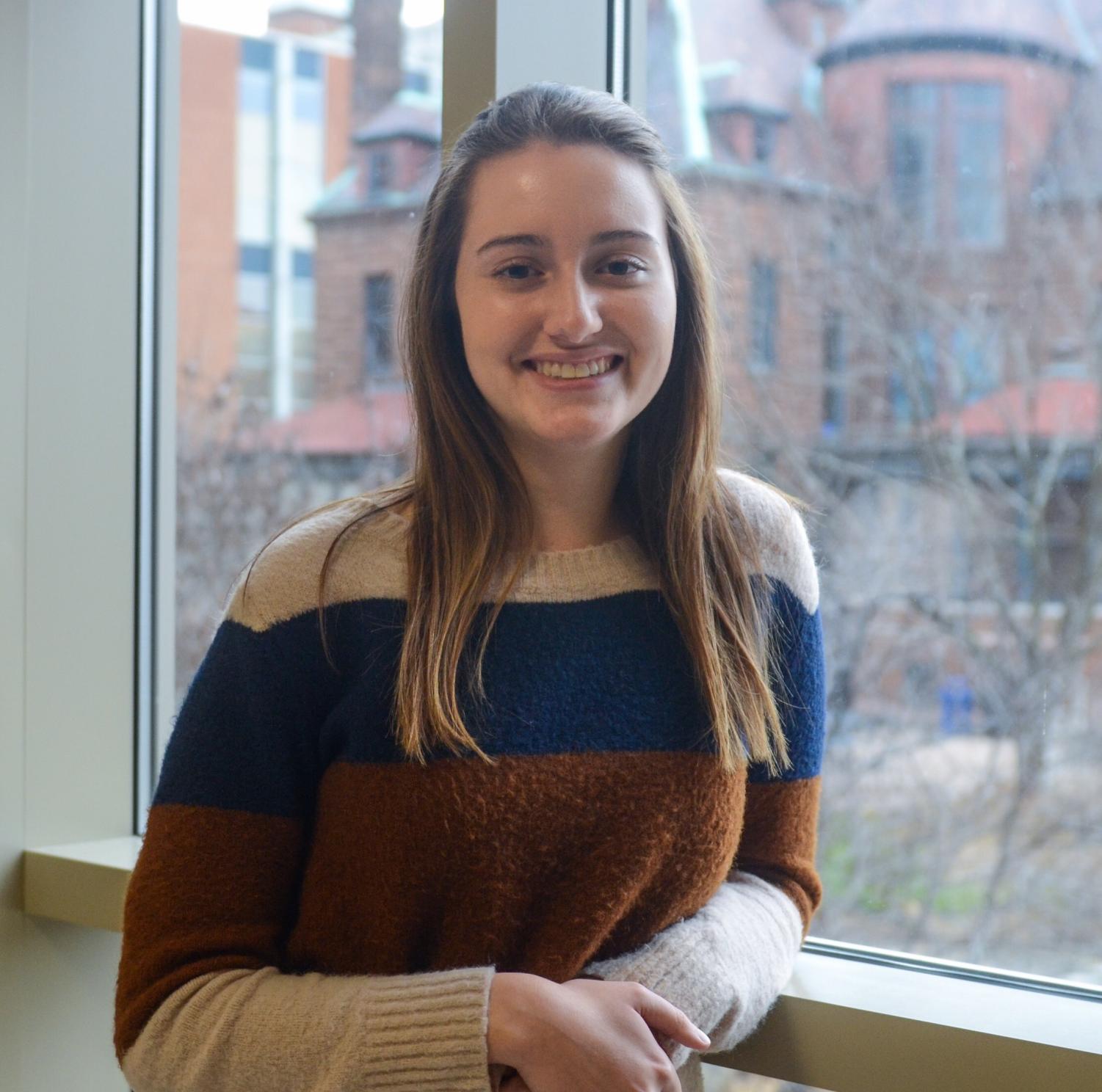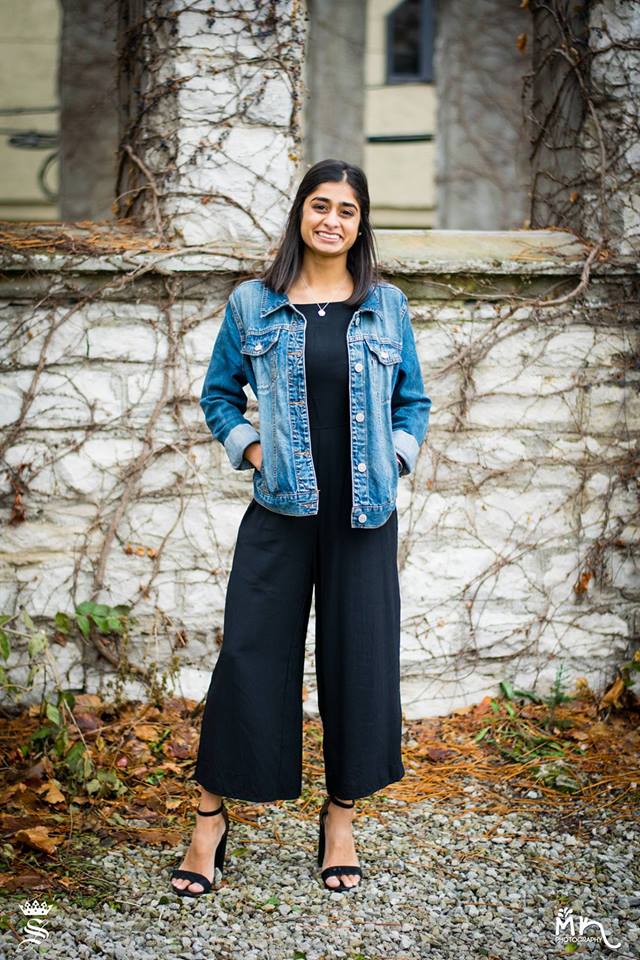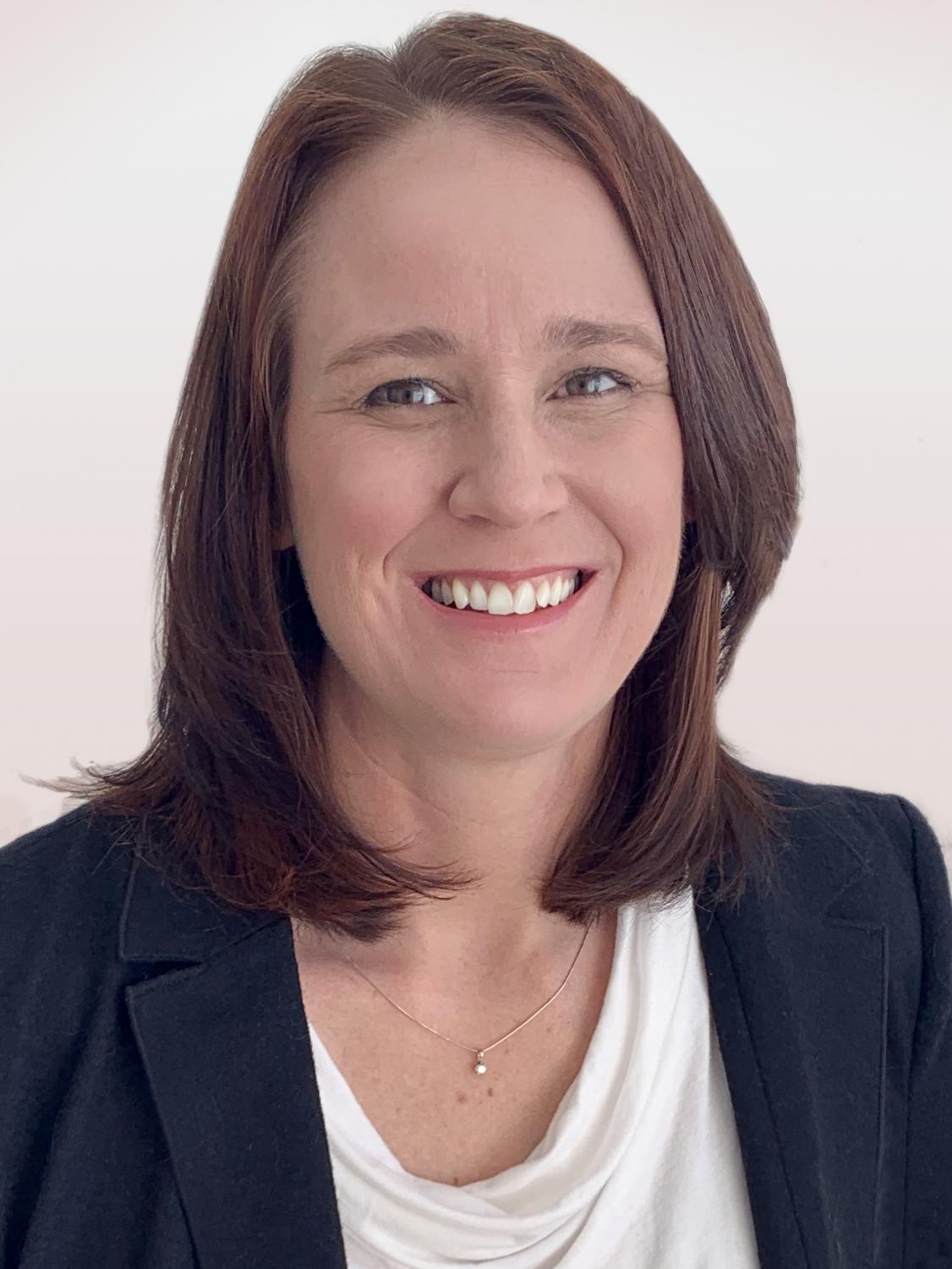“Women are so inspiring and we don’t talk about it,” said Heather Brock, Award Committee Chair for the Women’s Commission and Assistant Director for Communication in Office of Admissions. “We don’t talk about what we do right, we talk about the things that went wrong.”
Although, she said, the annual Woman of the Year Awards put on by the Women’s Commission finally gives women in the SLU community the opportunity to do so.
The Women’s Commission has worked since 1977 to highlight multiple women at SLU for their incredible accomplishments in their work, religious, home and community-oriented responsibilities. Each year, they hold a ceremony to do the unheard of—give the impressive women of SLU an opportunity to show off their accomplishments.
Brock emphasizes that women “do so much on a day-to-day basis that I think doesn’t get the recognition that it needs.” While becoming focused on their jobs and daily tasks, women tend not to realize the amazing work that they are doing, Brock explained.
Kellisa Lyn Fiala, President of SLU’s Women’s Commission and Office Manager of School of Education, couldn’t agree more. While women are often caught up in supporting others, they aren’t able to realize that they have a community that supports them too, she said.
Winners of the award are selected through nominations submitted by faculty and students, as well as discussions by the Women’s Commission. “Taking an hour out of your time to actually recognize your colleagues is outstanding”—and shows the nominees that they have supporters, too, Fiala said.
“All of the women that get submissions and recognition are phenomenal,” Brock said. Which leads her to the same question every year: “how in the world do we narrow this down?”.
While they realize this is a great problem to have, this is what makes the decision process so difficult for Fiala and Brock.
Their ideal candidate is a well-rounded woman, who not only raises standards at SLU, but in every aspect of her life.
This year, there were 45 submissions total. Normally, the Commission decides on five winners, but because of an event cancellation in the fall, they decided upon six “remarkable” women of SLU, Fiala said.
Of those six winners were Ghazala Hayat, P.h.D., Sadita Salihovic, Regina Walton, Donna LaVoie, P.h.D., Danielle Uy, J.D. and Karen Myers, P.h.D. Among their wide array of accomplishments are being directors of programs to help underserved communities, achievements in the workplace that go beyond their job descriptions and recognition by world-renowned programs for their excellent work.
“To be the Woman of the Year, we are looking for three or four components,” Fiala said. The decision gets especially hard when it comes to women who “eat, breathe, and sleep SLU, and there’s no time to do anything else.”
This kind of work ethic impresses and even inspires the Commission. “Sometimes I feel like I can’t feel like I can’t give anything outside of my work,” Fiala said. “But [these] women do it,” she said about the winners.
As for the future of the Woman of the Year ceremony, Fiala and Brock hope that their impact becomes larger for the SLU community—particularly the undergraduates.
While undergraduates face so many challenges like adjusting to college life and focusing on being mentally healthy, Fiala believes that the winners can be a guiding light for all the wonderful things that can come of their dark days.
“Some people have struggles you don’t realize and barriers they’ve overcome and you just see so much more of what truly made someone a leader, or someone that’s just a remarkable individual,” she said.
They hope that coming to this event can be beneficial to all students and staff—not only to support the women being awarded, but for their own benefit, as well. “In 2012, I was offered a free seat at a table and I have been to every luncheon ever since because I cried and was amazed at these women that were doing what the university says they’re doing,” Fiala said.
Brock agreed, saying “It makes you want to be their friend. It makes you wonder how they got so amazing, because I want to do that too.” To boil the ceremony down to one statement, Brock described it accurately, with “you get the feels.”
Above all, this event brings women together and celebrates the amazing things they do on and off of SLU’s campus. Supporting women of all different backgrounds and acknowledging the incredible work that they do is vitally important to the development of the SLU community. While women are not accustomed to talking about their successes, this award continues a crucial conversation about the recognition they have earned.




